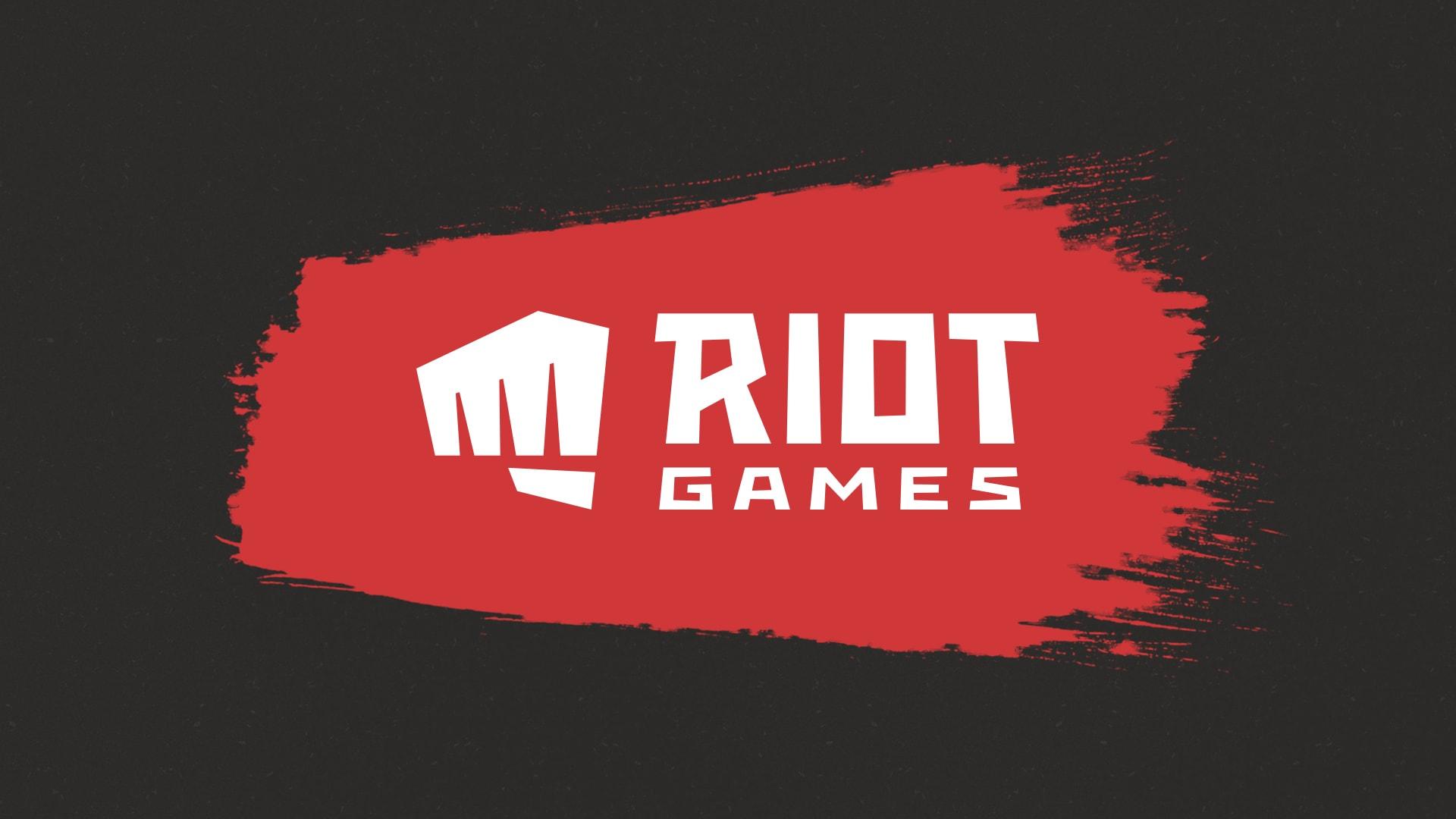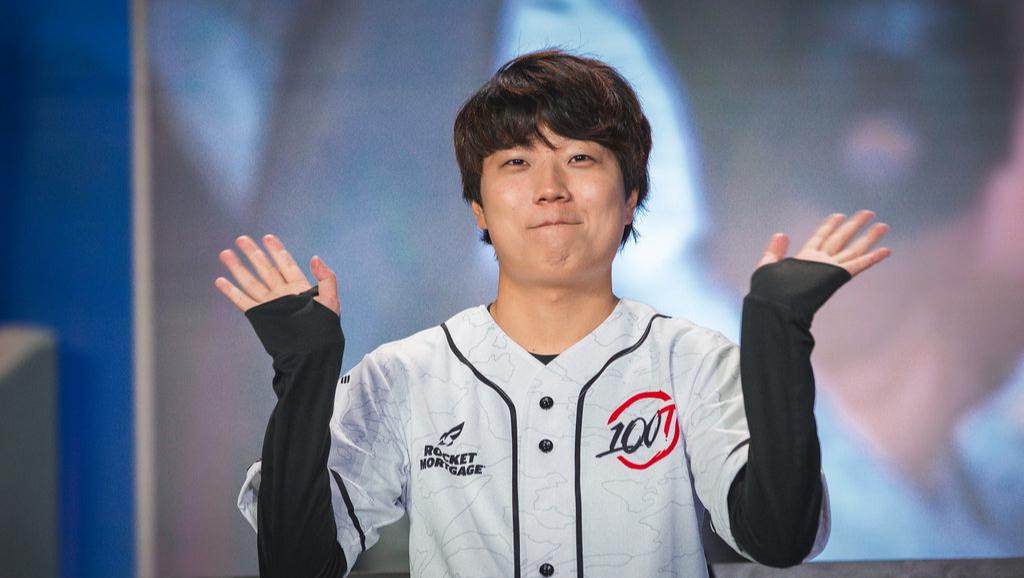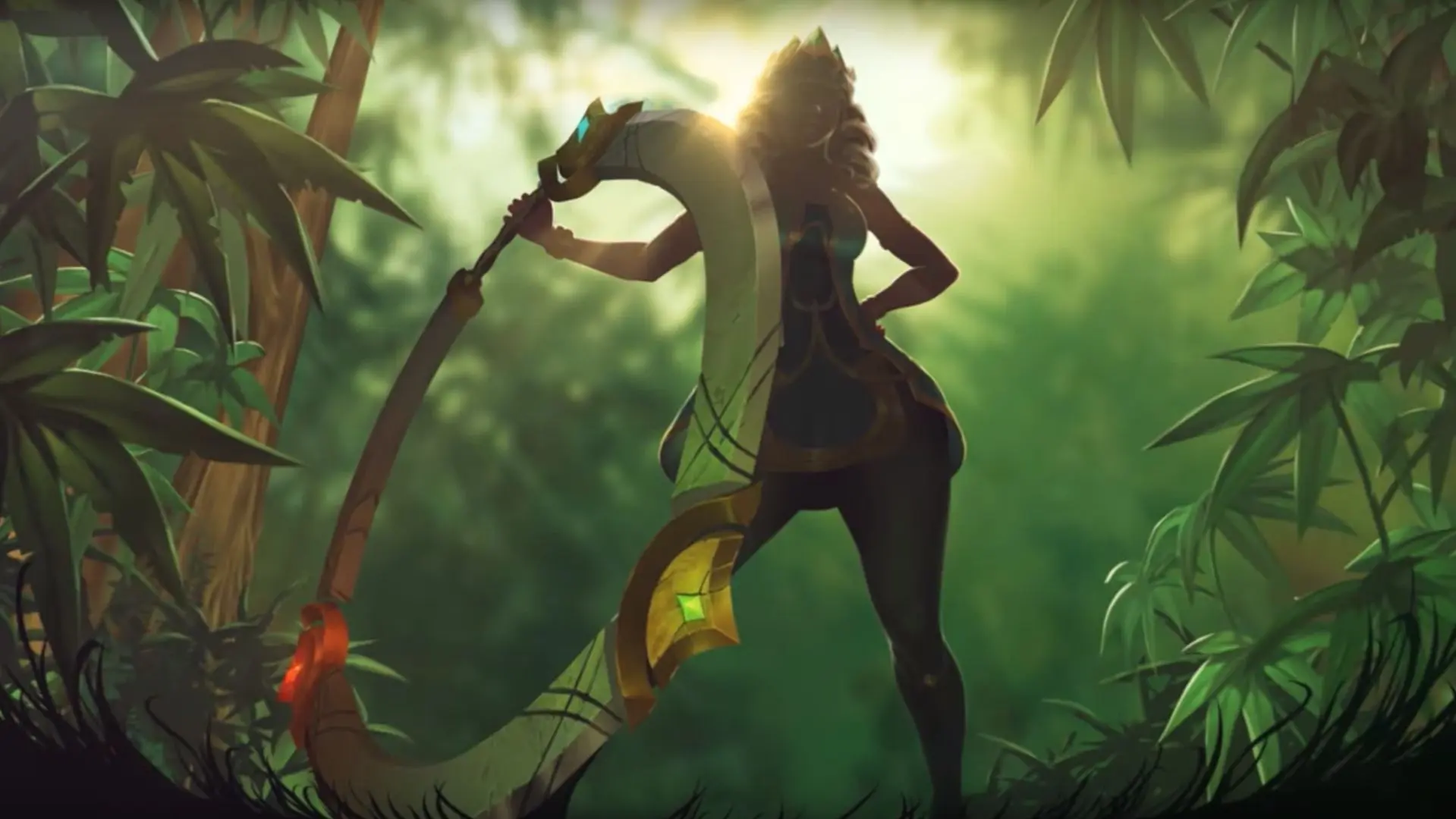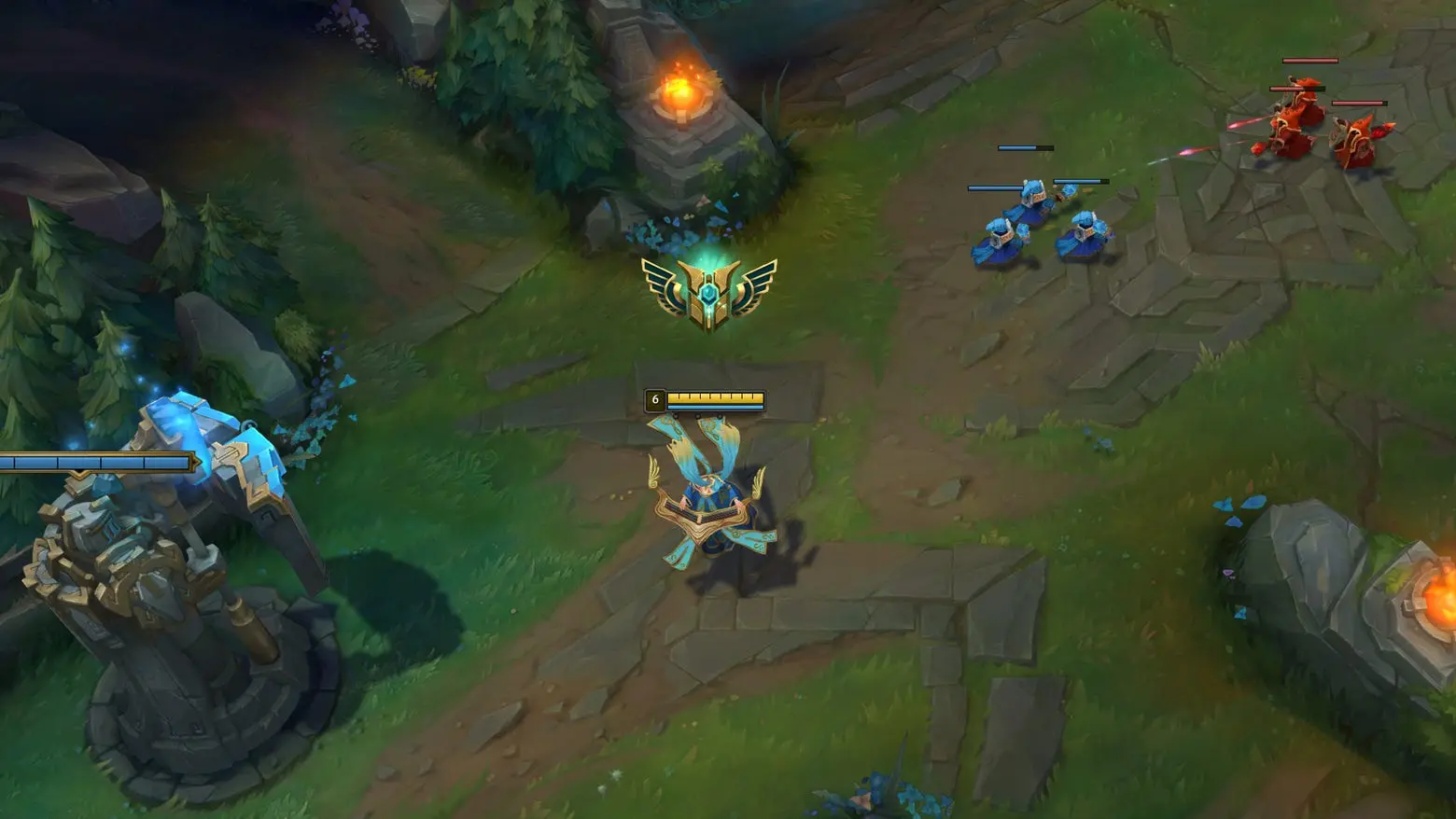
The history of Riot Games, from big games to big controversies
Riot Games has been celebrated for its popular MOBA League of Legends, as well as its handling of the game’s successful esports scene. The same can be said for tactical shooter VALORANT, the company’s first entry into the genre. But Riot Games has also been through its fair share of controversies, including recent sexism allegations.
Here is everything you need to know about Riot Games’ history, games, and drama throughout the years, beginning in 2006 when the company was first founded.
How Riot Games was founded
Riot Games was founded in 2006 by Brandon Beck and Marc Merrill, two roommates at the University of Southern California. The pair of passionate entrepreneurs received $1.5 million in funding from friends, family, and investors to launch Riot Games. An office was opened soon after in a converted machine shop located in Santa Monica, California.
Beck and Merrill wanted Riot Games to be different from other studios at the time, many of which appeared to jump from one release to the next instead of continuing to support one game after its launch. They both wanted to launch free games loaded microtransactions that the studio could continue to add to and support. They key was to find a team that shared this passion and could help come up with a great game concept.
The first hire was Steve Feak, one of the early developers behind Defense of the Ancients, the earliest example of a MOBA game. The two Riot Games founders soon hosted a DOTA tournament at the USC campus and set their sights on competitor Jeff Jew. The high-level DOTA player was hired on as an intern and started working as one of the first producers for what would become League of Legends.
How League of Legends came to be
The gaming industry was shocked at first with Riot’s concept of League of Legends, a free-to-play game that only had multiplayer. A small development team set to work creating a League of Legends prototype to secure further investment funds. In 2008, one year after this work had begun, Riot Games made a deal with Tencent to launch League of Legends in China.
Riot Games officially announced League of Legends during an open beta that had 17 champions available for play. After gathering player feedback, League of Legends was launched in full in North America with a roster of 40 champions.
League of Legends became popular almost instantly thanks to its large roster of champions, its free-to-play status, and its sharply competitive gameplay. The game had 67 million monthly active users by 2014, more than double its 2012 total. Instead of declining in popularity throughout the years as most games do after a successful launch period, League of Legends has grown dramatically. It now sits at around 115 million monthly players worldwide.
League of Legends is also the most popular esports title in the world, with higher viewership than all other the big games in the burgeoning esports scene. The 2021 League of Legends World Championship had a peak viewership of over 4 million concurrent, becoming the first competitive esports game to reach viewership of over 4 million.
Riot Games launches Valorant, makes it an esport
After the successful launch of its League of Legends esports scene, Riot Games decided to follow the same structure and format for Valorant, a tactical first-person shooter title that blends the mechanical focus of Counter-Strike with the vibrant character abilities of Overwatch.
Just like League of Legends’ esports scene, Valorant has top teams compete in regional championships, with the best teams from each region gathering together to compete in international competitions. The Valorant Champions Tour grand finals match between Sentinels and Fnatic was watched by over 800,000 people, according to Steam Hatchet, and viewership numbers have steadily been on the rise for Valorant as its young esports scene develops.
Riot Games accused of sexism and toxic culture
Riot Games was previously known solely for its innovation in the gaming and esports industry thanks to the success of League of Legends. But that changed in late 2018.
Former Riot employee Kristen Fuller published a blog post that outlined how female employees at Riot Games were harassed by male coworkers and were not given equal pay or opportunities for promotion.
“Multiple women confided in me about being sexually harassed at work. About their asses being slapped, being groped at parties, or being raped at Riot events. At first it was shocking. Then it became standard,” Fuller said.
More women soon came forward with similar experiences of toxicity and harassment in the workplace. Another former employee, Meagan Marie, shared a Tumblr post that included sexism allegations. Marie shared experiences that included being ignored during work meetings and having to deal with offensive and sexist jokes made at her expense. Male employees were alleged to openly discuss the “sex appeal” of new champions being created for League of Legends.
“Things only got worse the longer I stayed at Riot. I didn’t go out with colleagues after events because strip clubs seemed to be a common destination. Asking me what age I lost my virginity at was deemed appropriate conversation during a team dinner, and employees I didn’t know prodded into how my sex life worked in a long-distance relationship,” Marie said.
Riot Games responds to allegations and lawsuits
Former female employees then sued Riot Games for unpaid wages and discrimination. At this point, Riot Games issued a public apology and vowed to remove sexism and toxicity from its workplace.
The company hired a law firm to investigate the allegations and has since removed several employees that have been accused of harassment and sexist behavior. However, Scott Gelb, Riot’s then chief operations officer who had been accused of humping other employees in the Riot Games office, was not relieved and was instead given a two-month suspension.
Unfortunately, Riot Games isn’t the only major game developer and publisher to come under such accusations. The gaming community’s attention was later turned to Activision Blizzard, due to the World of Warcraft publisher’s own poor handling of ongoing sexism and harassment allegations.
What’s next for Riot Games?
Riot Games has many new games in the works but has been quite close-lipped about most details. This includes a mysterious fighting game that’s been on the gaming community’s radar for multiple years.
Riot’s fighting game still doesn’t have a title, currently being referred to as Project L. The assist-based fighting game is 2D and takes place in the world of Runeterra. The fighters will be champions from League of Legends.
“Our goal is to build a game that delivers a fast-paced, dynamic combat fantasy while leaving a lot of room for your to be creative and express yourself in gameplay,” executive producer Tom Cannon said.
While not much else has been shared besides a quick walkthrough of gameplay mechanics, some of the top fighting game pros in the world has already expressed great interest in Project L.
“It reminded me of Skullgirls and Marvel vs. Capcom 3 as well as Street Fighter X Tekken, but it mostly just looked like Skullgirls because it is horizontal,” Dominique “SonicFox” McLean said. “There are re-stands, mix-ups, wave dashes, hits and tag outs from Marvel vs. Capcom 3, and it’s a lot of versus things that excite me. I want to see the defensive mechanics and what creativity you can get with the characters.”
If Project L receives the same development support as have League of Legends and Valorant, Project L could be set to really change the fighting game esports scene, which notoriously lacks major support from companies compared to other big esports titles like Valorant, Dota 2, and Counter-Strike: Global Offensive.
Recommended

Ssumday shocks fans with sudden retirement from League of Legends
He has a legit reason for leaving League of Legends behind.

Is League of Legends esports getting a third international tournament?
LoL esports is getting shaken up in 2025.

New Mastery System in League of Legends 2024
Introduced in Season 5, the Champion Mastery system in its original form offered players a way to...







